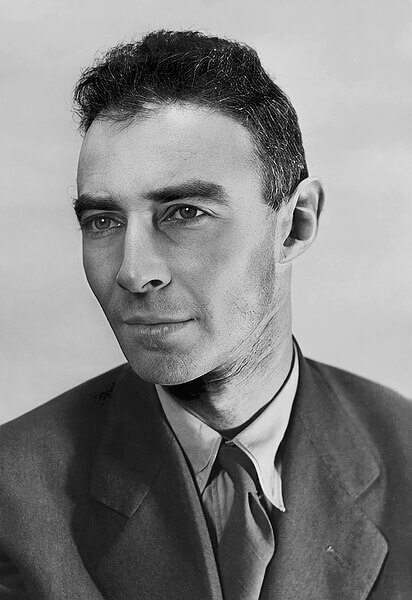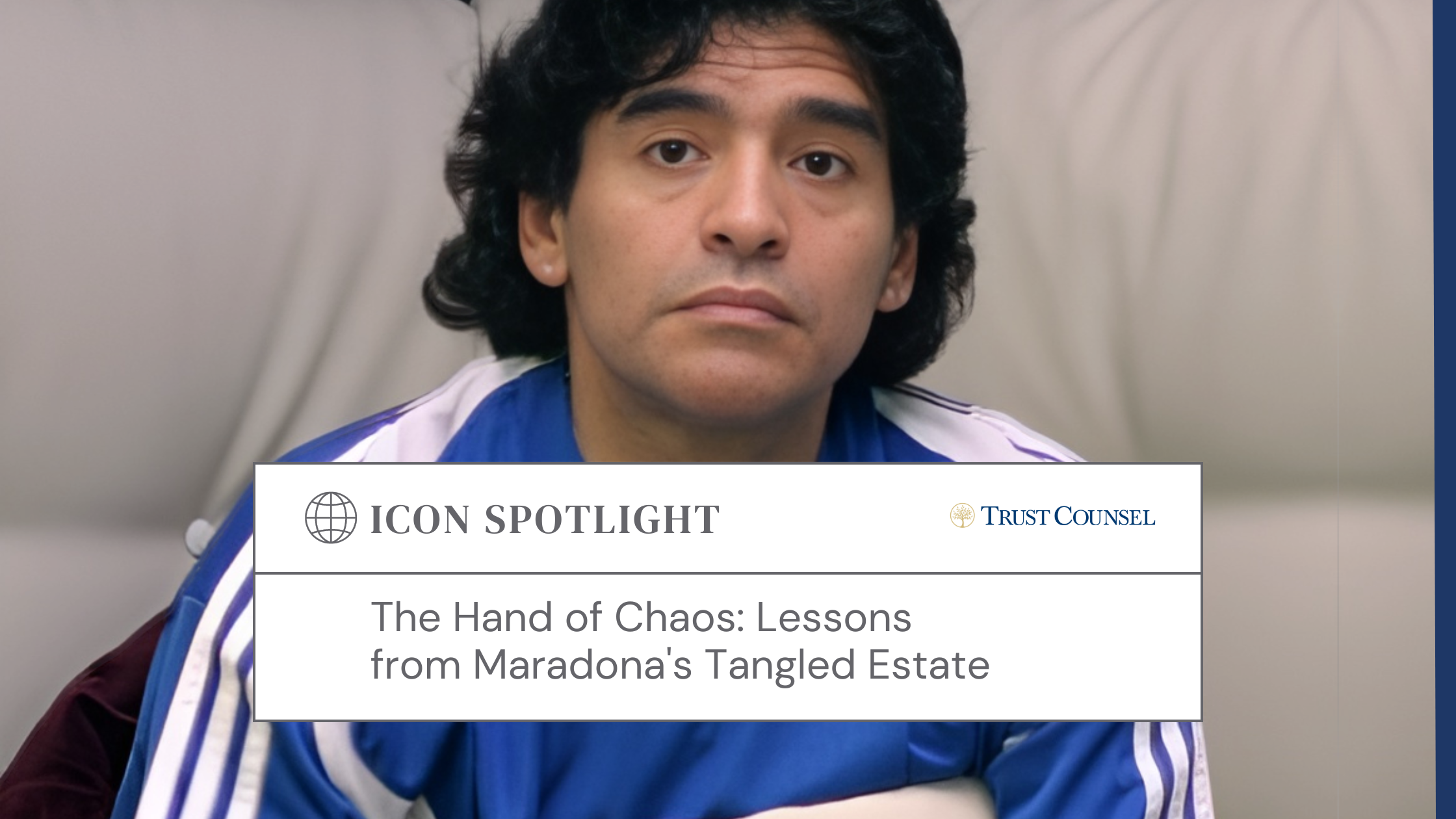Christopher Nolan’s new film “Oppenheimer” has hit theaters with an atomic bang, as it highlights the life of the enigmatic Robert Oppenheimer, often hailed as the Father of the Atomic Bomb. With a mesmerizing portrayal of his direct involvement with the Manhattan Project and the creation of the first atomic bomb, the movie delves deep into the complexities of Oppenheimer’s character, capturing the essence of a brilliant mind troubled by the darkness of his greatest work and the internal conflicts it caused. In typical Nolan fashion, this film evokes feelings of wonder and existentialism as themes of morality, ethics, loyalty and destruction are microscopically analyzed through a cinematic fury that can only be described as shocking.
Oppenheimer’s Internal Conflict – Loyalty Versus Destruction
“Now I am become death, the destroyer of worlds.” The most well-known line from the Bhagavad Gita, echoed frantically through the depths of Christopher Nolan’s new film “Oppenheimer”, truly exhibits the atomic bomb creator’s internal conflict – a battle between loyalty and destruction that would wound hundreds of thousands while shaping the political landscape of today.
Described as enigmatic yet troubled, Robert Oppenheimer’s life was a relentless quest for scientific breakthroughs, continuously hopping from project to project to satisfy his insatiable scholarly fixations. However, it was one particular project that truly encapsulated the man’s essence – his appointment as Director of the Los Alamos Laboratory and lead researcher for the design and creation of the atomic bomb. While his success rang atomic bells in the scientific and political worlds, “Oppenheimer” also explores his post-war conscience, as he became an ardent advocate against nuclear proliferation and development, leading to his inevitable political and scientific downfall as opponents worked to erase his name from history.
Unveiling Oppenheimer’s Estate Plan – A Matter of Simplicity
Shifting focus and looking through an estate planning lens, we recognize that given the magnitude of Oppenheimer’s scientific achievements, his estate plan is likely worth thorough analysis. Gaining official access to Robert Oppenheimer’s last will and testament, courtesy of the Mercer County Surrogate office, presents an intimate glimpse into the personal life of this eminent physicist.
Dated December 6, 1966, just a year before his death, it is clear Oppenheimer knew his time was running out. A quick look at his will demonstrates a testament to simplicity, showcasing an inherently effective approach to estate planning. While simplicity has its merits, it also reveals missed opportunities for more robust strategies, leaving us curious about the untapped potential within this modest framework.
Amongst this streamlined and simple structure, aspects of Oppenheimer’s will shine like nuclear stars, earning admiration and recognition.
These commendable elements provide a glimpse into his thoughtful decisions, demonstrating an understanding of a well-organized estate plan:
•One commendable aspect of Oppenheimer’s will is that it expressly revokes any earlier wills and outdated documents. This ensures that the most current version of his wishes is legally binding, avoiding any confusion or conflicts that may arise from outdated instructions.
•By naming his wife, Katherine Oppenheimer, as the executrix, he makes a wise choice, as she knew him best and would be familiar with his intentions and desires. This decision can streamline the probate process and provide comfort to his loved ones, knowing that someone who understands him well is handling the estate affairs.
•The will includes a residuary clause, granting all assets not specifically mentioned elsewhere to Katherine (Kitty) Oppenheimer. This provision ensures that any unspecified assets would still be distributed according to his wishes, providing a comprehensive and all-encompassing disposition of his estate.
•To strengthen the will’s validity, Oppenheimer attests that he is of sound mind when making this will, and he secures two credible witnesses, which is essential for a legally enforceable will. These measures add an extra layer of assurance that the will reflects his true intentions and is less likely to face challenges in the future.
•Recognizing the possibility that Katherine may be unable or unwilling to serve as executor, Oppenheimer appoints his children, Peter and Katherine Toni Oppenheimer, as co-executors, ensuring the continuity of his estate’s management. This thoughtful decision allows for a seamless transition of responsibilities in case the primary executrix faces any impediments.
•A notable provision in the will is the clause waiving the requirement to post a probate bond, which can be expensive and potentially burdensome. By doing so, Oppenheimer facilitates a smoother and more cost-effective probate process, allowing the estate’s assets to be distributed efficiently.
However, amidst all the scientific brilliance packed into this physicist’s will, it surprisingly reveals a few intriguing quirks that might make you raise an eyebrow and spark a few nuclear ideas for potential suggestions.
•One of the significant drawbacks of Oppenheimer’s will is the absence of specific bequests for personal property, such as furniture, jewelry, cars, and other tangible assets. Clear distribution instructions for these items would avoid potential conflicts among beneficiaries and ensure that sentimental or valuable belongings are given to their intended recipients.
•The will lacks provisions for taxes or other estate settlement costs, which could lead to financial complications and potentially reduce the assets available for distribution to beneficiaries. Proper estate tax planning could help minimize tax liabilities and ensure that the maximum amount of wealth is passed on to loved ones.
•Considering the magnitude of Oppenheimer’s estate, there are no trusts created to provide asset protection for beneficiaries, which could be advantageous in managing and preserving wealth for future generations. Trusts can offer a range of benefits, including avoiding probate, protecting assets from creditors, and providing structured distributions to beneficiaries.
•The will also lacks provisions to disinherit certain individuals or make specific exclusions, potentially leaving it open to legal challenges and disputes. Including clear language to disinherit certain individuals can help prevent any misconceptions or legal battles over the distribution of assets.
•Another critical omission is the absence of funeral or burial instructions, which can cause confusion and additional stress for loved ones during a difficult time. By including explicit instructions for final arrangements, Oppenheimer could have provided comfort to his family and friends during their time of grief.
Oppenheimer’s Legacy – A Testament to Simplicity and Thoughtfulness
While Robert Oppenheimer’s will demonstrates thoughtful intentions and effective estate planning fundamentals, it also reveals missed opportunities that could have led to greater asset protection, tax savings, and clarity for his family. However, we must remember that even the brightest minds’ estate planning is imperfect, as personal circumstances and even laws evolve over time. The merits of the Father of the Atomic Bomb’s will outweigh its flaws, proving that sometimes simplicity and thoughtfulness can go a long way in creating a solid foundation. Though one of history’s greatest scientific thinkers, Oppenheimer created his estate plan with sincerity, aiming to provide for his family in his absence. While offering valuable insights into the mind of a historical scientific pioneer, his will represents just one frame in the cinematic reel of exemplary estate planning. Just as Robert Oppenheimer advanced nuclear science, we must continue to improve on the intricacies and integral aspects of estate planning to secure our legacy and serve generations to come.





